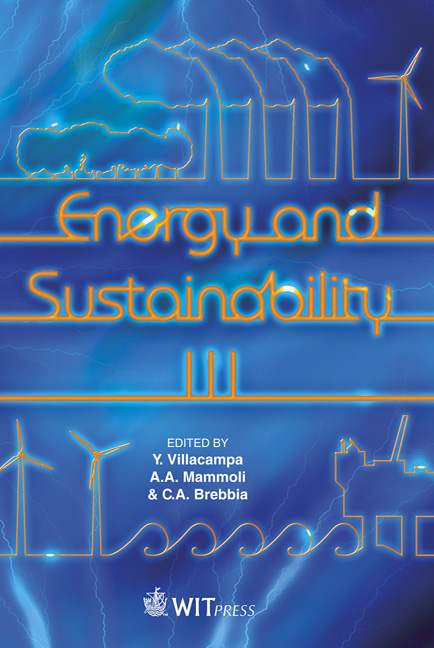Wave Potential Of The Greek Seas
Price
Free (open access)
Transaction
Volume
143
Pages
11
Page Range
203 - 213
Published
2011
Size
1458 kb
Paper DOI
10.2495/ESUS110181
Copyright
WIT Press
Author(s)
T. Soukissian, N. Gizari & M. Chatzinaki
Abstract
Most of the energy resources used worldwide comes from non-renewable sources such as fossil fuels. The wasteful and inappropriate use of such energy sources has led to adverse environmental effects; at the same time, there is an emerging and urgent need for pollution-free power generation. The exploitation of renewable energy sources (RES) is now a sustainable and technologically feasible solution). EU leaders agreed that by 2020, 20% of the energy of the Member states should be produced from renewable energy sources. One of the most promising renewable energy sources are sea waves. In Europe, intensive research and development of wave energy conversion began in 1973 and since the mid 1990's there has been a real renaissance in the field. This work presents a first attempt for a detailed assessment of the wave potential of the Greek seas, using data from numerical wave simulation models of high spatial and temporal resolution in combination with in-situ wave measurements. The hindcast data are in the form of time series and cover the period 1995–2004. It is also anticipated that the obtained wave energy results will provide a basis for selecting the most appropriate family of wave energy converter devices. Keywords: wave energy, wave potential, Greek seas.
Keywords
wave energy, wave potential, Greek seas





